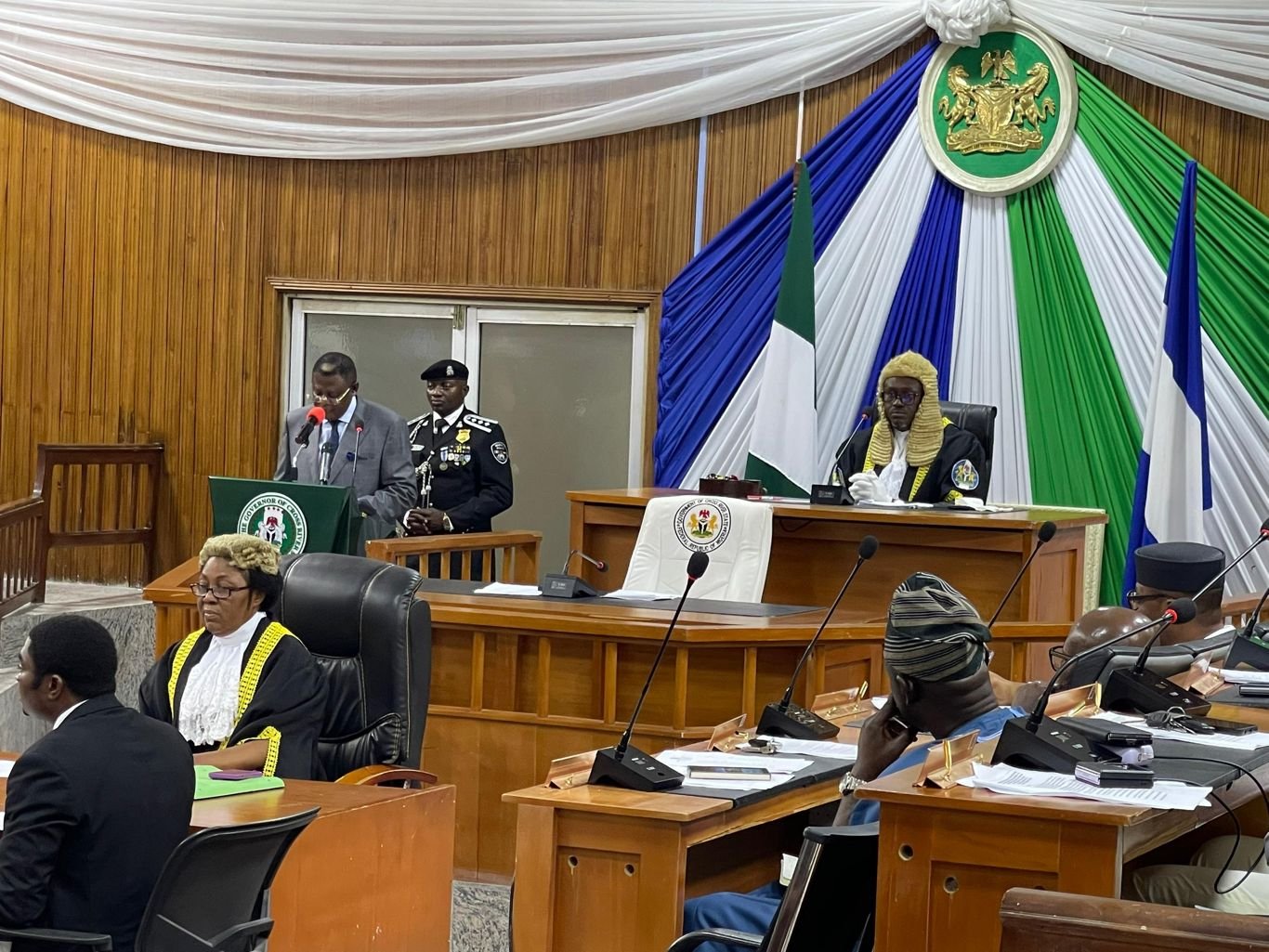German President Frank-Walter Steinmeier on Saturday signed off on a landmark easing of the country’s debt limit for increased defence spending and a €500 billion ($547 billion) financial package for infrastructure and climate initiatives, his office said.
This means that the changes, approved by parliament earlier this week, have cleared the final hurdle and will come into force once they have been published in the Federal Law Gazette.
The move relaxes Germany’s constitutionally enshrined debt brake, which sets strict limits on government spending, for defence, civil protection, intelligence and cybersecurity.
Any such expenditures exceeding 1% of Germany’s gross domestic product (GDP) can now be financed with new borrowing.
Additionally, a special fund exempt from the debt brake is to be established and filled with up to €500 billion in loans.
The fund is to be used to finance the repair of Germany’s ailing infrastructure, with €100 billion allocated to federal states and another €100 billion earmarked for climate protection measures and the green transition.
Conservative leader Friedrich Merz, the country’s presumptive next chancellor, had rushed the vote through in the outgoing parliament, anticipating greater challenges in securing support once newly elected lawmakers take office next week.
Merz on Friday defended his decision, stressing the need for swift action in light of geopolitical and security challenges, including the ongoing war in Ukraine and US policy shifts.
(dpa)




